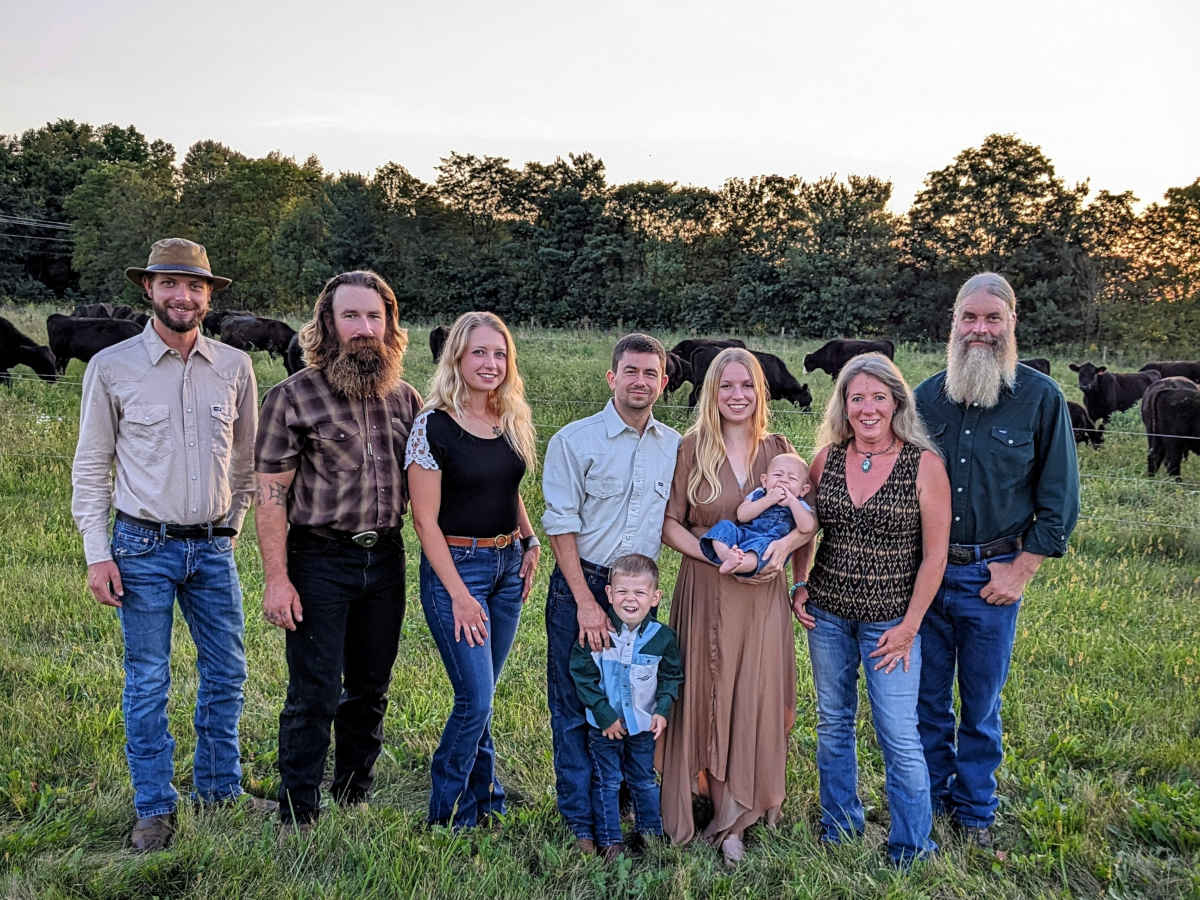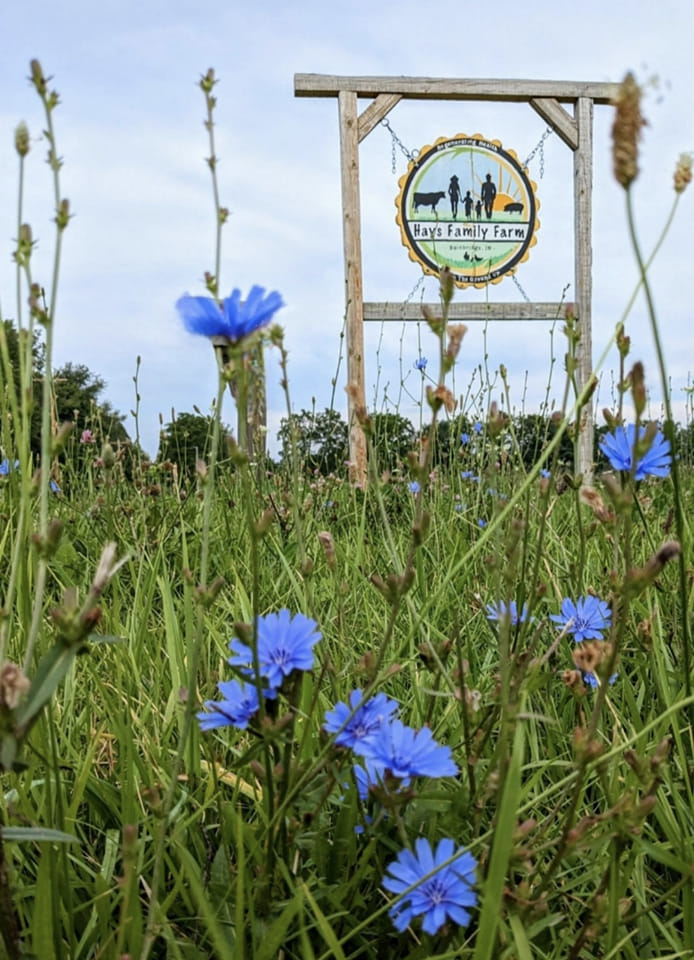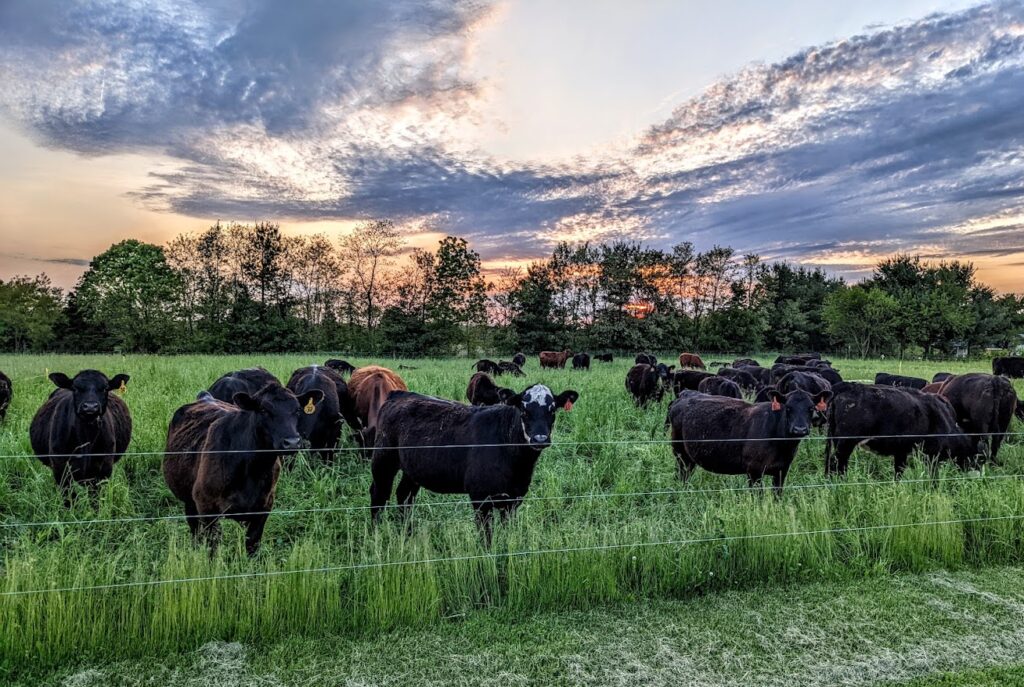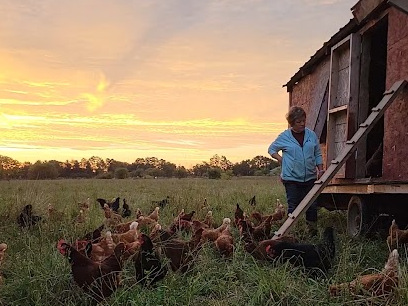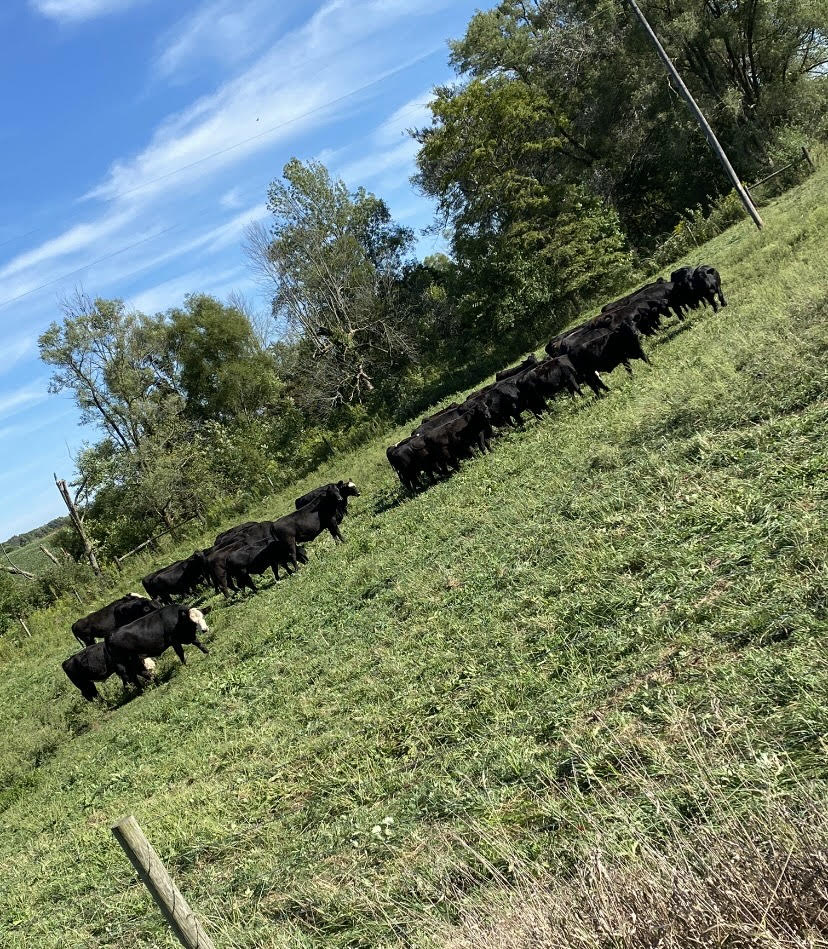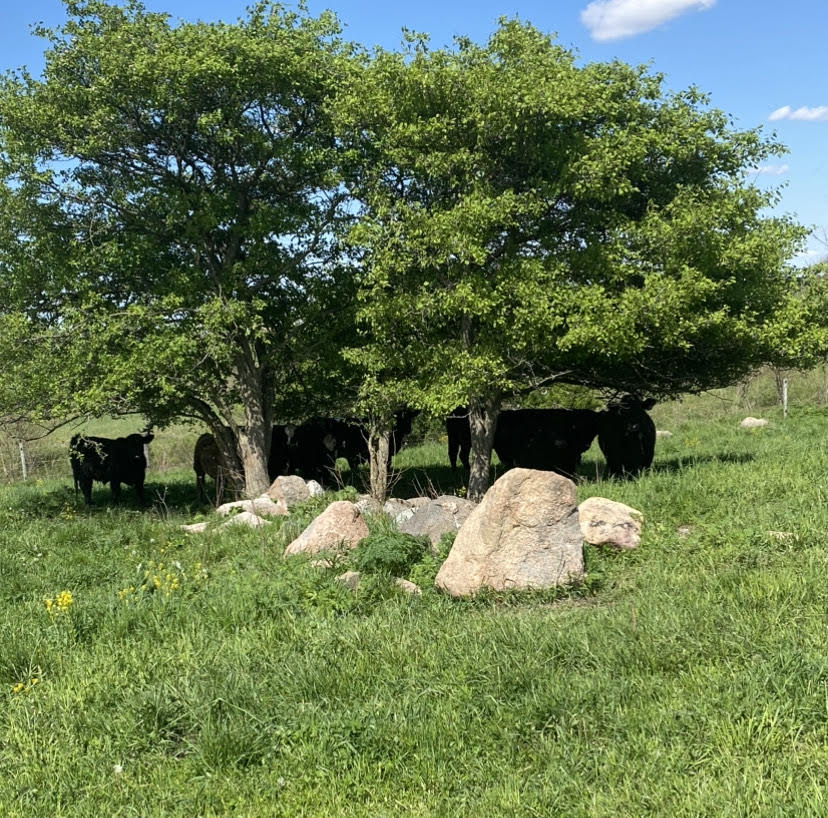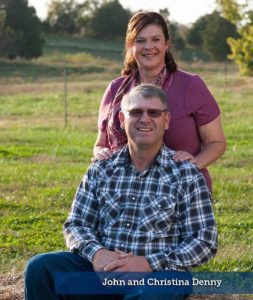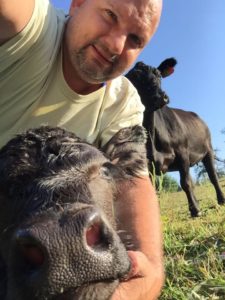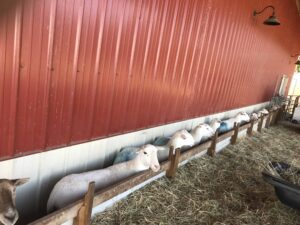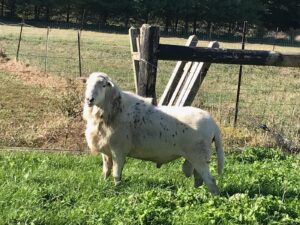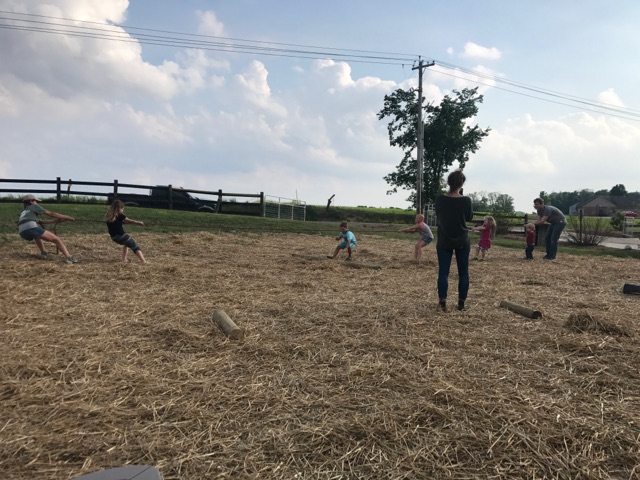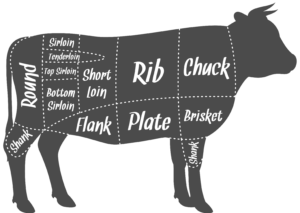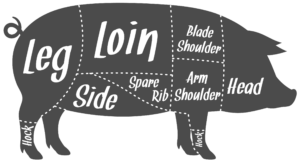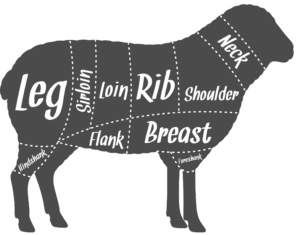Following is a write up done late last summer. A version of the story just ran in both Indianapolis Dine and Farm World. I appreciated Linda McGurk and her attention to detail while representing our farm.
1. Top Shelf
By Linda McGurk + Photographs by Polina Osherov
HEADLINE:
SUBHEAD: A longing for healthy food lead one young Lafayette couple to start selling all-natural meats and produce to the public. They’re combining the knowledge of our forbearers and the marketing techniques of today to rejuvenate the land at This Old Farm.
The word “revolution” may be too radical to describe what’s happening at Erick and Jessica Smith’s farm in rural Darlington. And “movement” sounds a bit cliché. But when a growing number of young professionals, like the Smiths, who are one or more generations removed from the farm, decide to go back to the land to discover what it means to be self-sufficient, they are revitalizing the small, diversified family farms that were left for dead decades ago. And if, in the process, they educate their neighbors about the link between our environment and the food we eat, the Smiths will have achieved another one of their goals.
When the Smiths purchased their 88-acre farm nearly ten years ago, they certainly didn’t plan on becoming full-time farmers and advocates for healthy, naturally-grown food. They just wanted a rural haven where they could raise a family and possibly some organic vegetables. “When you have children you start looking at life a little differently,” Erick, a construction engineer, says. “We started looking at our diet and how we could live healthier. We began raising chickens for ourselves and people found out about it. The next thing we knew we actually had a customer base.”
As Erick and Jessica’s family started to grow (they now have five children), so did their farm. Almost every year a new species was added to the menagerie and today the chickens cohabitate with turkeys, hogs, goats, sheep, rabbits, honeybees and cattle. The number of customers has grown along with the farm, at times even resulting in a waiting list for their pesticide- and hormone-free products.
During the summer months, fresh meats and produce from This Old Farm can be found at farmers markets in Lafayette. Dedicated patrons are known to drive from suburban Indianapolis to get their weekly share of grass-fed Katahdin lamb, free-range eggs, pastured pigs and poultry, and goat and cow’s milk. “A lot of people think that only the wealthy can afford organic, sustainable food, but that has not been the case for us,” Jessica says. “A lot of people come here because they are concerned with their health or the environment, and they come from all sorts of economic backgrounds.”
While their varieties of meats have established a great following, Jessica, who was a vegetarian for some time, initially just wanted a garden. But for the farm to be truly sustainable she realized that it needed animals to fertilize the soil. Today the nutrients in the manure help the soil grow the vegetables and the grass and grains needed to feed the animals, creating a circle of life where all the species on the farm are interconnected, and each thrives from the presence of the others. “You are what you eat,” she says. “That’s true not just for us, but also for the animals. If we want healthy meat, we also need to give the animals healthy things to eat. Ruminants are meant to eat grass and grass alone; that’s really important for disease prevention.”
Despite Jessica eventually abandoning her vegetarianism, the family recently expanded their vegetable garden and started selling fresh produce through a small CSA (Community Supported Agriculture) last summer. With that, the farm has come full circle from its humble start nearly 10 years ago. But Erick and Jessica don’t plan on stopping there. Thanks to two grants from the U.S. Department of Agriculture, and matching funds from the Indiana Economic Development Corporation, they were able to open a commercial meat processing facility in Colfax last November. At the retrofitted 7,000-square-feet plant, animals come in on hoof and leave as smoked hams, broth, sausages and choice cuts of meat. The facility will be certified organic and unique in that it’s able to offer processed meats without nitrates, sugar and other commonly used additives.
The building will also house a commercial kitchen where vegetable producers will be able to process salsas, jams, jellies and canned fruits and vegetables. Ultimately, the Smiths would like to hire a cook to create all-natural and organic value-added foods in the kitchen as well. “A lot of folks want good-quality, local food but don’t have the time to cook. But they might have the money to pay for somebody to do it for them,” Erick says. “Our vision is to have a chef put together meals that are not highly processed; basically as close to home cooked as it gets.”
The Smiths have already partnered with roughly 15 other small natural or organic farms that will use the facility and market their meat to restaurants and other larger buyers under a common label; This Old Farm Meats. Eventually, their products may even be found in grocery stores. “One of the challenges for small farms is that you either have too little or too much and you’re not able to provide products on a consistent basis,” Jessica says. “Through this alliance we’ll be able to bring our products to a larger marketplace and make it less difficult for people who want to buy local to do that.”
Increased storage and freezer space will also make it easier for the Smiths and other small producers to meet the consumers’ growing appetite for sustainable, locally grown food. “We’re trying to lengthen the window and have meat be more available, but we still want to stay with our mantra of working in concert with nature. Sure, you can have pork 12 months of the year by raising the hogs in confinement but we’re not going to go there,” Jessica says. “We’re not trying to feed America; our farm can feed about 100 families. Through the processing facility we’ll be able to expand that number by offering a way for other farmers to do the same thing.”
The number of farms with less than 10 acres has soared nearly 80 percent in Indiana over the past five years, but operating in a centralized food system that favors industrial-scale farming means fighting an uphill battle. Producers who don’t fit the conventional mold sometimes have a hard time finding feed, processing facilities, and a way to market and distribute their products effectively. “I remember when we started out and went to buy feed at a (grain) elevator, and we couldn’t even find out whether it was non-GMO or not,” Jessica recalls. “And I know of an organic pork producer who ships his hogs to Iowa for processing. That doesn’t sound very sustainable to me.”
With the opening of the new processing facility the Smiths will rebuild at least one piece of the food infrastructure that’s been missing since thousands of small Indiana farms were consolidated in the 1970s and 1980s. If the venture is successful it could stimulate Indiana’s rural economy, and help support a new crop of sustainable farmers. Because the pendulum could be heading for a swing back to the family farm. “We’re seeing a lot of new people coming into farming,” Jessica says. “What we’ve lost is tremendous but I’m excited about putting some of the infrastructure back in place.”
This year the Smiths were able to take the leap into full-time farming, and with the new processing facility in place This Old Farm is poised for expansion. But they’re an exception as few small and mid-size producers are able to live off the farm income alone anymore. All too often, the cheap food in the supermarket doesn’t translate to prosperity for the person tending to the soil and the animals. “The modern-day consumer doesn’t want to pay the real price for food,” Jessica says, but, “We can either pay for our food up front or pay for the pharmaceuticals later on. In America we need to realize that if we don’t have healthy food, our bodies are not going to stay healthy.”
For more information about This Old Farm and their products, log on thisoldfarminc.com or call 765.324.2161. To contact the writer, visit lindamcgurk.com
